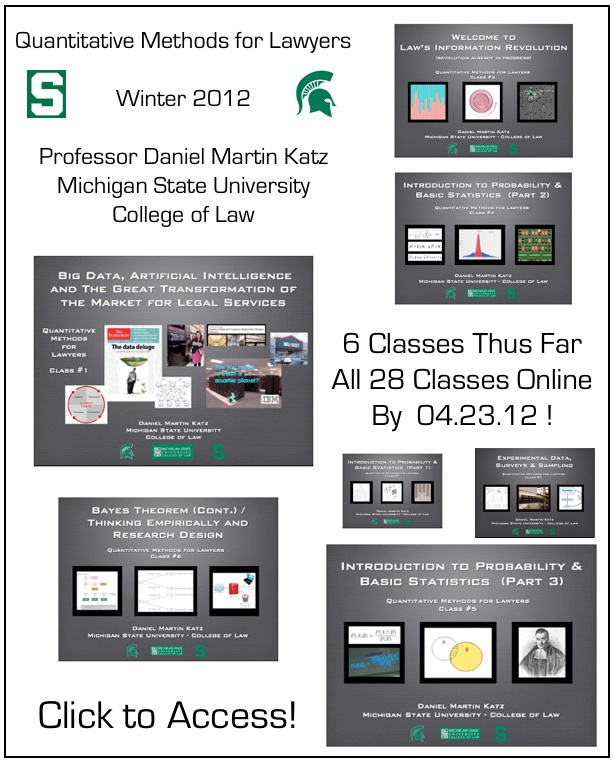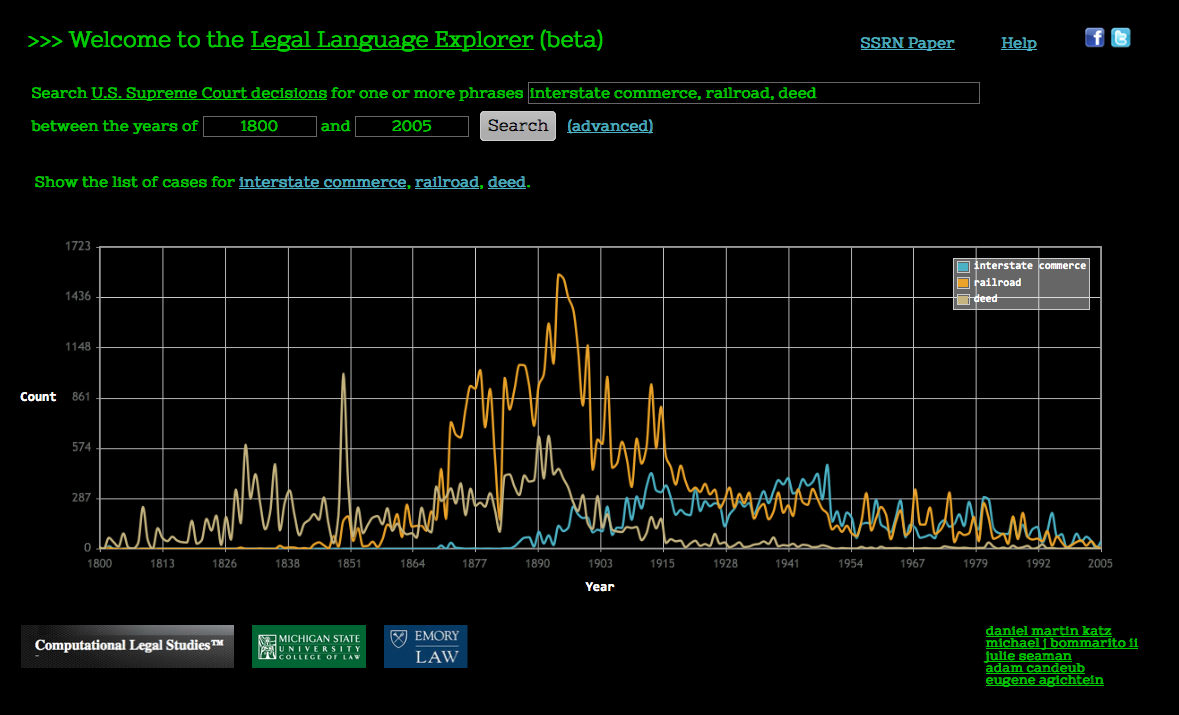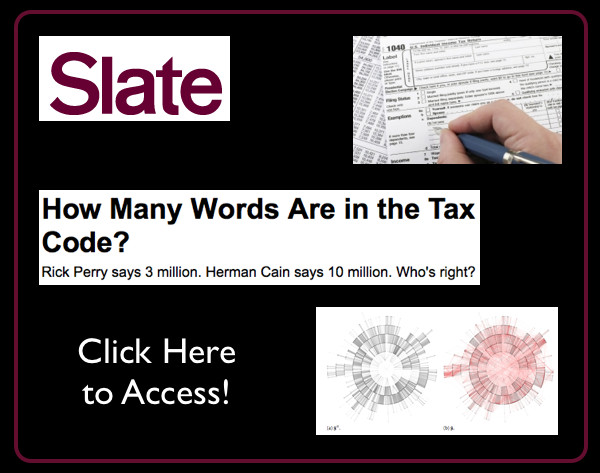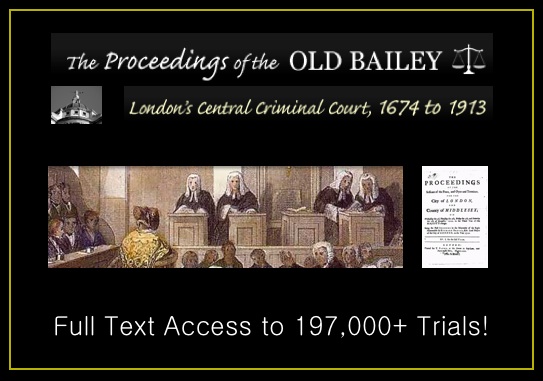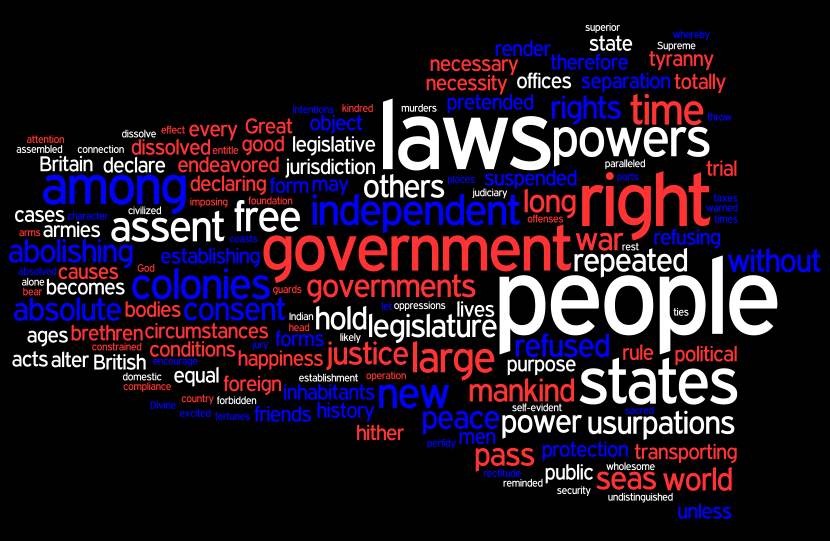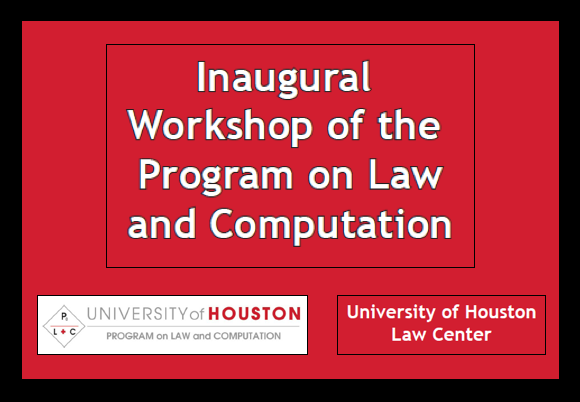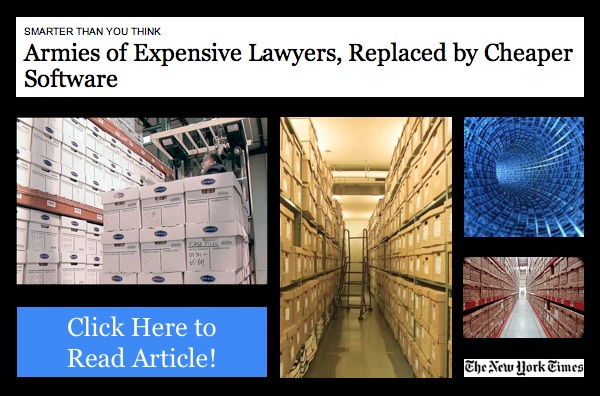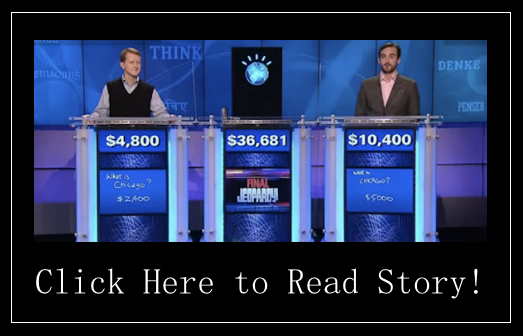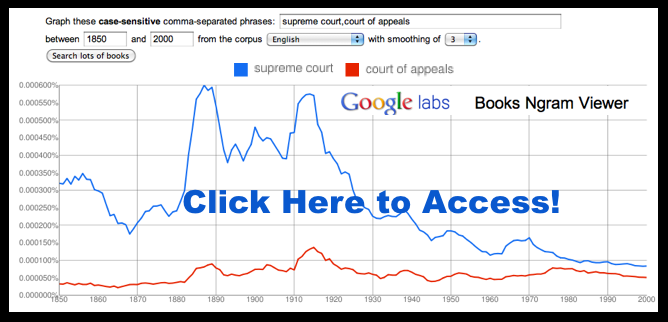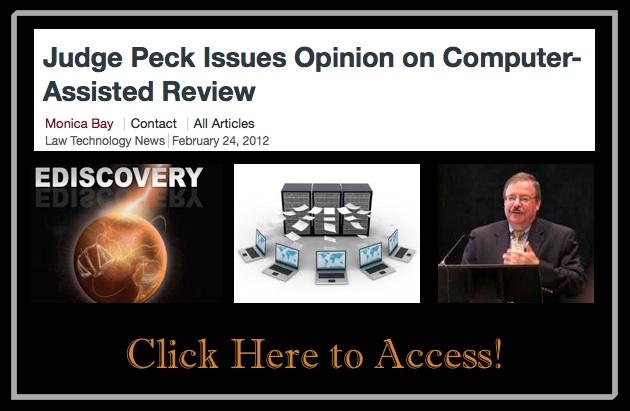 See also Monique Da Silva Moore, et al., Plaintiffs, v. Publicis Groupe & MSL Group, Defendents (Opinion and Order). as well as this article, this article, this article, this article, etc. from a few days ago (when there was a bit of misreporting on this case). [ HT: Legal Informatics Blog ]
See also Monique Da Silva Moore, et al., Plaintiffs, v. Publicis Groupe & MSL Group, Defendents (Opinion and Order). as well as this article, this article, this article, this article, etc. from a few days ago (when there was a bit of misreporting on this case). [ HT: Legal Informatics Blog ]
Tag: computational linguistics
Announcing the Beta Pre-Release of Legal Language Explorer.com < Search the History of ANY Phrase in the Decisions of the United States Supreme Court >
In partnership with Michigan State University College of Law and Emory Law, today we announce the Beta Pre-Release of a New Web Interface – LegalLanguageExplorer.com. We are just getting started here with this project and anticipate many features that will be rolling out to you in the near future. Please feel free to send us your feedback / comments.
BASIC FEATURES:
Instant Return of a Time Series Plot for One or More Comma Separated Phrases. The default search is currently interstate commerce, railroad, deed (with plots for each of the term displayed simultaneously).
Feel free to test out ANY phrase of Up to Four Words in length.
Here are just a few of our favorites:
Clear and Present Danger
Habeas Corpus
Custodial Interrogation
Due Process
Unconstitutional
Property
Privacy
SCOPE OF COVERAGE:
In the current version, we are offering results for EVERY decision of the United States Supreme Court (1791-2005). We plan to soon expand to other corpora including the U.S. Court of Appeals, etc.
FULL TEXT CASE ACCESS:
Each of the Phrases you search will be highlighted in Blue. If you click on these highlighted phrases you will be taken to the full list of United States Supreme Court decisions that employ this phrase:
ADVANCED FEATURES:
Check out the advanced features including normalization and alternative graphing tools.
PAPER:
Daniel Martin Katz, Michael J. Bommarito II, Julie Seaman, Adam Candeub & Eugene Agichtein, Legal N-Grams? A Simple Approach to Track the ‘Evolution’ of Legal Language in Proceedings of Jurix: The 24th International Conference on Legal Knowledge and Information Systems (Vienna 2011) available at http://papers.ssrn.com/sol3/papers.cfm?abstract_id=1971953
PRESENTATION & HELPFUL TUTORIAL:
Click on the Image Below and You Will Be Directed to our Presentation at 24th International Conference on Legal Knowledge and Information Systems ( Jurix 2011 – Vienna )
This offers some motivation for the project as well as a Brief Slide Based Tutorial Designed to Highlight Various Functions Available on the Site.
TECHNICAL IMPLEMENTATION:
Michael J. Bommarito, Building Legal Language Explorer: Interactivity and Drill-Down, noSQL and SQL available at http://www.michaelbommarito.com/blog/2011/12/16/building-legal-language-explorer-interactivity-and-drill-down-nosql-and-sql/
Introduction to Computing for Complex Systems – Slides and Other Course Materials from ICPSR 2010
I decided to bump this post to front of the blog as I am getting ready to dust off this material in anticipation of the 2011 ICPSR Course in Complex Systems Models in the Social Sciences. The course will be offered as part of Session #2 of the ICPSR Program in Quantitative Methods. It has two components (1) morning lectures on complex systems theory and (2) a late afternoon session on complex systems / computational model implementation.
Unlike many courses that relegate model/data implementation to self-teaching, etc. in the ICPSR Summer Course in Complex Systems, we take implementation seriously. Indeed, I believe our emphasis on implementation is a distinguishing feature of the course. In my experience, implementation mechanics are typically the impediment that many scholars face in generating models capable of being published in academic journals. Implementation is the bridge between concept and scientific contribution.
In the computing module, I (together with my colleagues) highlight the methods of complex systems as well as several environments designed to explore this rich and growing intellectual field. These include Netlogo (agent based models and network models), Vensim (system dynamics / ecological modeling) and Pajek (empirical network analysis). In the final week, we cover a variety of advanced topics:
- (a) Community Detection in Networks
- (b) Computational Linguistics / Natural Language Processing
- (c) Diffusion Models and Mathematical Modeling with Data
- (d) Exponential Random Graph (p*) Models
- (e) Information Retrieval / Webscraping
Although, we do not work with more advanced languages within the course, those who need to conduct complex analysis are directed to alternatives such as R, Python, Java, etc.
Anyway, the slides were designed to be fully self-contained and thus allow for individually paced study of the relevant material. If you work through the slides carefully you should be able to learn the software as well as many of the core principles associated with the science of complex systems. Although the 2010 course material should be available indefinitely, I do plan to add some new material for the 2011 session. In particular, we plan to highlight Nova — a new software package developed in the Oberlin Computer Science Department by Richard Salter. Stay tuned for more in July / August 2011 ….
IBM Watson on Jeopardy – Scoreboard: Watson 2, Humans 0 [via CNN]
Update: For his thoughts on possible implications in the market for legal services, check out Larry Ribstein’s post “Lawyer’s in Jeopardy” over at Truth on the Market. In a related vein, check out today’s WSJ Is Your Job an Endangered Species? The subtitle reads: “Technology is eating jobs—and not just obvious ones like toll takers and phone operators. Lawyers and doctors are at risk as well.”
Google Ngram Viewer [From Google Labs]
Leveraging the Google Books corpus, Google has released the Google N Gram viewer. There is coverage all over the web … but here is just few articles: (NY Times) (Mother Jones) (Scientific American) (Boston.com). It is also possible to download the underlying data. For additional information, click here to access the about page. Very cool stuff!
While Google Ngrams is a fun exploratory tool, it is merely a glimpse at the real possibilities in the era of Big Data. Two major conferences this year — Princeton CITP: Big Data Conference and ECCS 2010: High Throughput Humanities offered a preview of the world that is coming. In my presentation at these conferences, I tried to underscore the ways in which these developments are meaningful for social scientists, legal scholars and practicing lawyers. In short, the prospects for arbitrage here are significant. It will be exciting to watch creative folks try to put things together …

